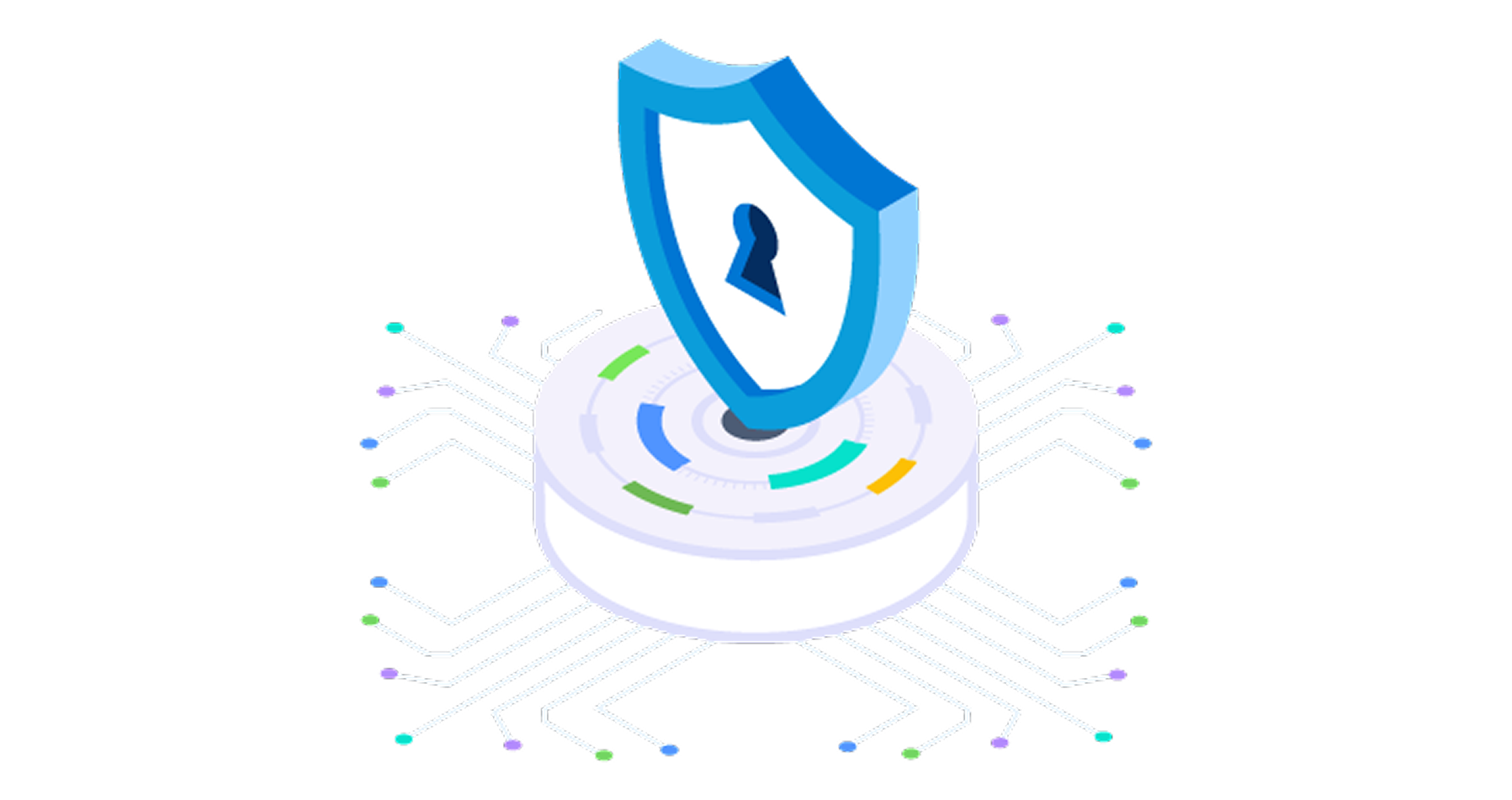Trusted Enterprise Security: Built on Salesforce
As AI adoption grows, so does the complexity of securing it. Enterprises need confidence that their platforms, data, and intelligent agents are safe.
Cybersecurity is a shared responsibility. While Salesforce builds security into everything we do and provides the necessary tools and resources to protect your data, it is also up to you to implement security controls and best practices to further strengthen the security of your Salesforce instance.

Cybersecurity is a shared responsibility between customers and their technology provider. With social engineering and phishing attacks on the rise, it's important to take proactive steps to secure your Salesforce instances against current threats. In our latest blog, we’ve outlined best practices to enhance overall security -- from implementing login ranges, using multi-factor authentication (MFA) to ensuring updated Security Contacts. Read about recommended best practices here.
To strengthen your organization’s security posture, Salesforce strongly recommends transitioning from RSA key exchanges to TLS 1.3 for secure connections. Read about the recommendation and next steps for customers.
Last September, Salesforce signed onto the White House’s Voluntary AI Commitments, reinforcing our dedication to designing, developing, and deploying trustworthy AI. Read the new white paper outlining our progress on these eight commitments.
Misconfiguration can add unnecessary risk to your Salesforce instance and reduce its overall security. By following the Shared Responsibility Model, customers can prevent and remediate common misconfiguration mistakes and increase the overall security of their Salesforce instance. Learn how to avoid these security risks on Experience Cloud.
As Generative AI solutions become increasingly complex, securing these technologies is critical. The LLM is the foundation of Gen AI, but comes with 10 security risks identified by OWASP to consider. Salesforce’s Einstein 1 Platform integrates Einstein models with LLMs while mitigating risks and delivering control strategies to help teams securely manage Gen AI. Discover Einstein 1 Platform’s defense against these vulnerabilities in the latest whitepaper.
While the public is embracing generative AI (genAI), security leaders are rightfully approaching it with caution. As this new technology quickly becomes more ubiquitous, security leaders must understand the impact it will have on cybersecurity, identify potential associated security challenges, and learn how to adopt genAI safely at the enterprise level. Read the Forrester research report about navigating the upsurge of generative AI.
Salesforce builds security into everything we do so businesses can focus on growing and innovating. Together, with our customers and partners, we invest in the necessary tools, training, and support for everyone.
Salesforce security features enable you to empower your users to do their jobs safely and efficiently.
Salesforce's security strategy, programs, controls, and corporate values drive our commitment to excellence in securing customers' data and privacy.
A Zero Trust strategy is the next evolution of how we’re moving our trust-first culture forward — for our customers and ourselves.